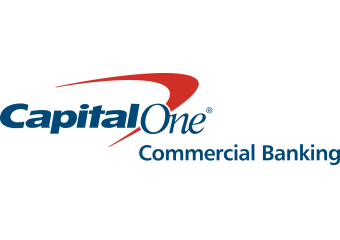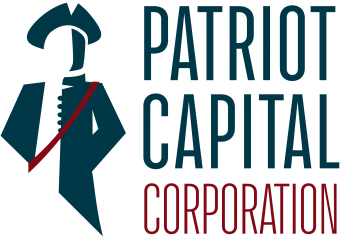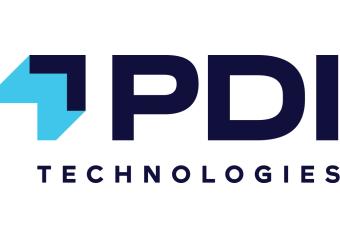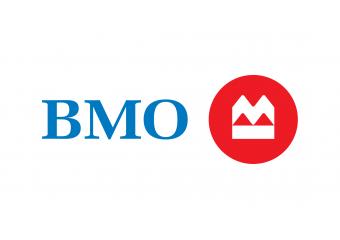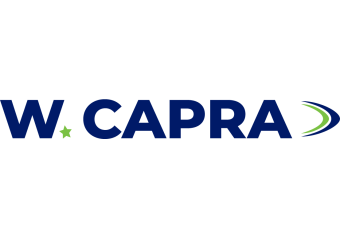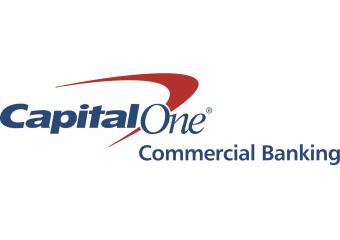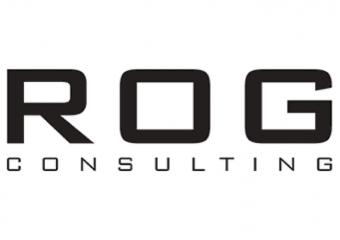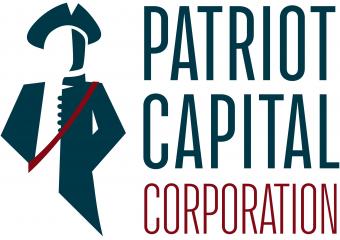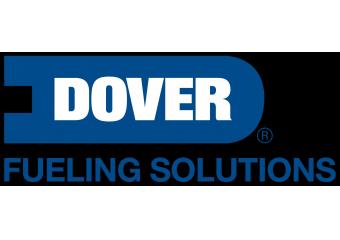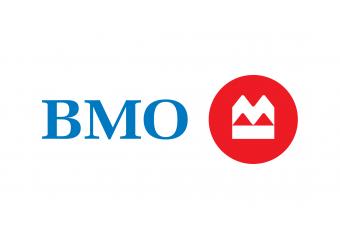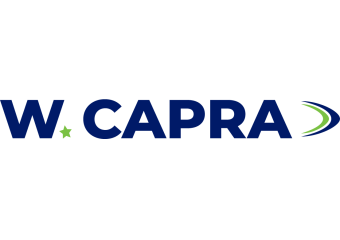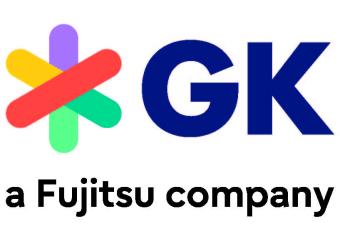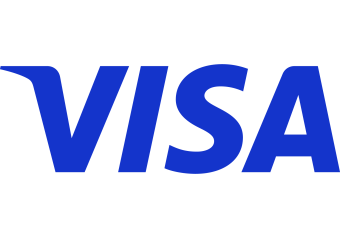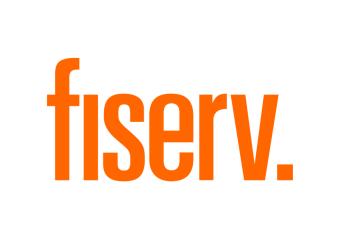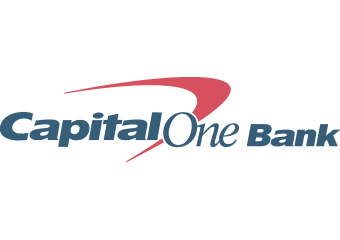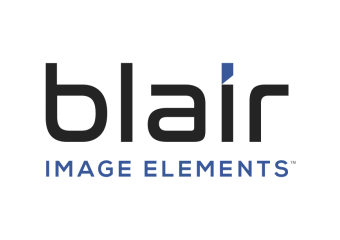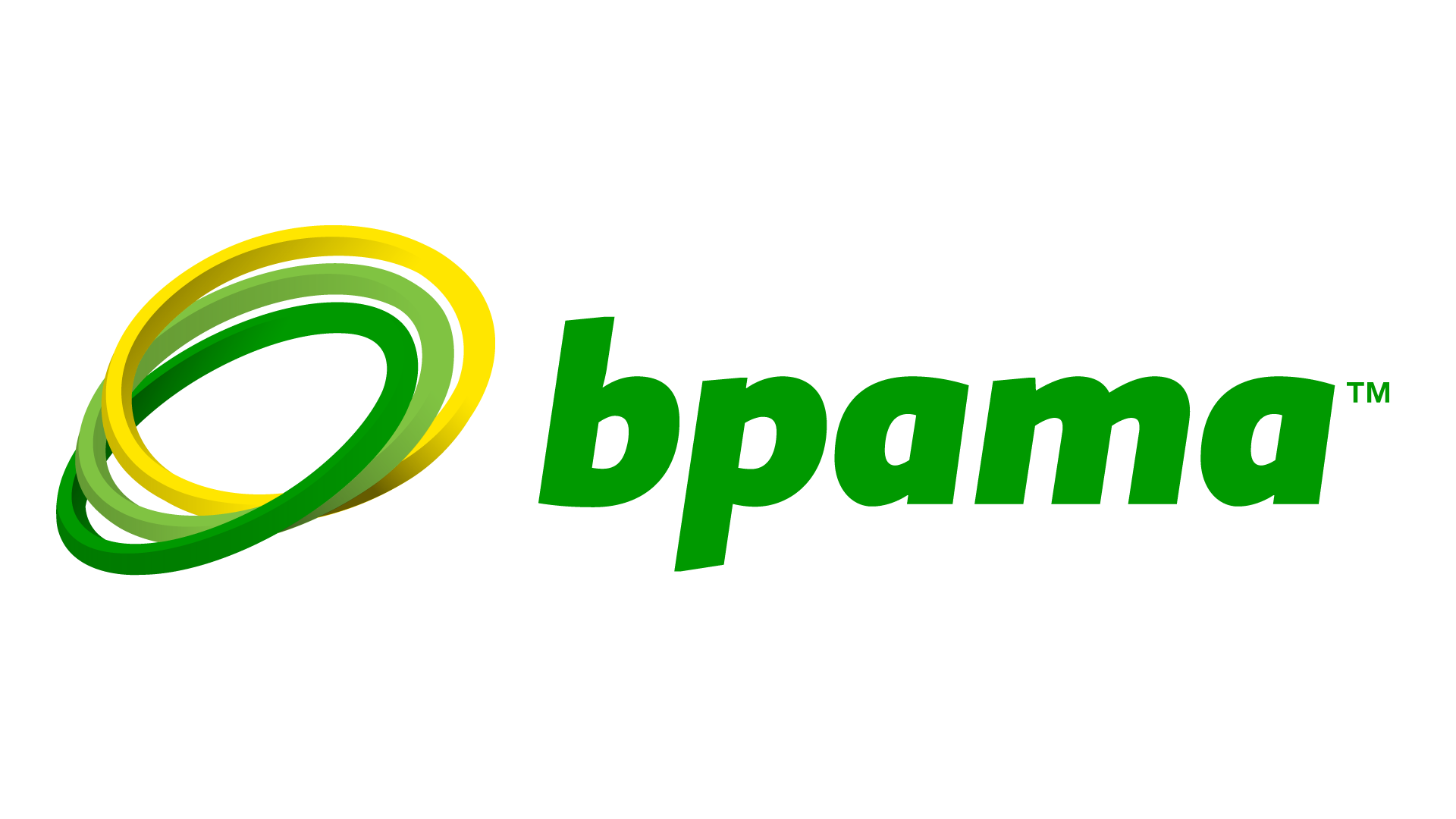BP AMOCO Marketers Association News
VISA, MasterCard Announce EMV Delay
Visa Inc. and Mastercard Inc. pushed back the deadline for installing chip-card readers in U.S. gasoline pumps after station owners complained they didn’t have enough time to complete the multibillion-dollar upgrades.
The world’s largest payments networks will give merchants until October 2020 to adopt the technology, three years later than previously planned, the companies said Thursday in separate statements. Visa said it will monitor payment trends at the pump to help gas-station operators and card-issuing banks prevent fraud during the interim period.
Shared from NACS News Flash:
According to Visa:
"There has been great progress with EMV migration in the U.S. to date. More than 1.7 million merchants representing more than a third of storefronts are now accepting chip cards; 388 million Visa chip cards have been issued in the U.S., and we are already seeing a 43 percent reduction of counterfeit fraud at chip-enabled merchants.
While we remain committed to moving businesses to chip technology as quickly as possible, we are also constantly monitoring industry progress and attempting to proactively address marketplace realities and known challenges wherever possible. Some of these challenges were anticipated as we embarked on the migration to EMV chip and others are unique to the U.S. because of the complexity of the environment and regulatory requirements that do not exist anywhere else.
The fuel segment has its own unique challenges, which we recognized when we first set the chip activation date for automated fuel dispensers/pumps (AFDs) two years after regular in-store locations. We knew that the AFD segment would need more time to upgrade to chip because of the complicated infrastructure and specialized technology required for fuel pumps. For instance, in some cases, older pumps may need to be replaced before adding chip readers, requiring specialized vendors and breaking into concrete. Furthermore, five years after announcing our liability shift, there are still issues with a sufficient supply of regulatory-compliant EMV hardware and software to enable most upgrades by 2017.
We have been engaging with participants throughout the payment system and analyzing the issues extensively. An important element of our study has been that fraud rates at fuel pumps are relatively low–approximately 1.3 percent of total U.S. payment fraud. A number of readily available fraud prevention tools, such as Visa Transaction Advisor (VTA), have been particularly successful in driving fraud lower at fuel dispensers.
Given our discussions with merchants, clients and partners, Visa has decided to delay the U.S. domestic AFD EMV activation date from October 1, 2017 to October 1, 2020. The EMV liability shift at ATMs will not change and will take effect as planned on October 1, 2017. We believe we have reached a balanced conclusion for providing needed, additional time to merchants while continuing to push forward with the migration to chip."
"Conexxus and NACS have worked diligently over the past two years with the stakeholders to identify the very real challenges facing fuel retailers as they work to avoid liability shift and comply with EMV. I believe that the card brands have come to understand that these challenges are not of retailer creation, but a result of late specifications, certification complexity and supply chain constraints, rather than a lack of resolve to adopt EMV," said Gray Taylor, executive director of Conexxus.
"We are still sifting through the details, but the announcement appears to not clearly delay liability in that retailers who experience higher fraud rates or those accepting foreign issued cards; so we don't see this announcement as a true game delay, but a bit of breathing room to work out the challenges," Taylor said.
Read Visa's full statement on its website,

